Global EARTH Scholars Come Together to Tackle Climate Crisis Through Arts & Humanities
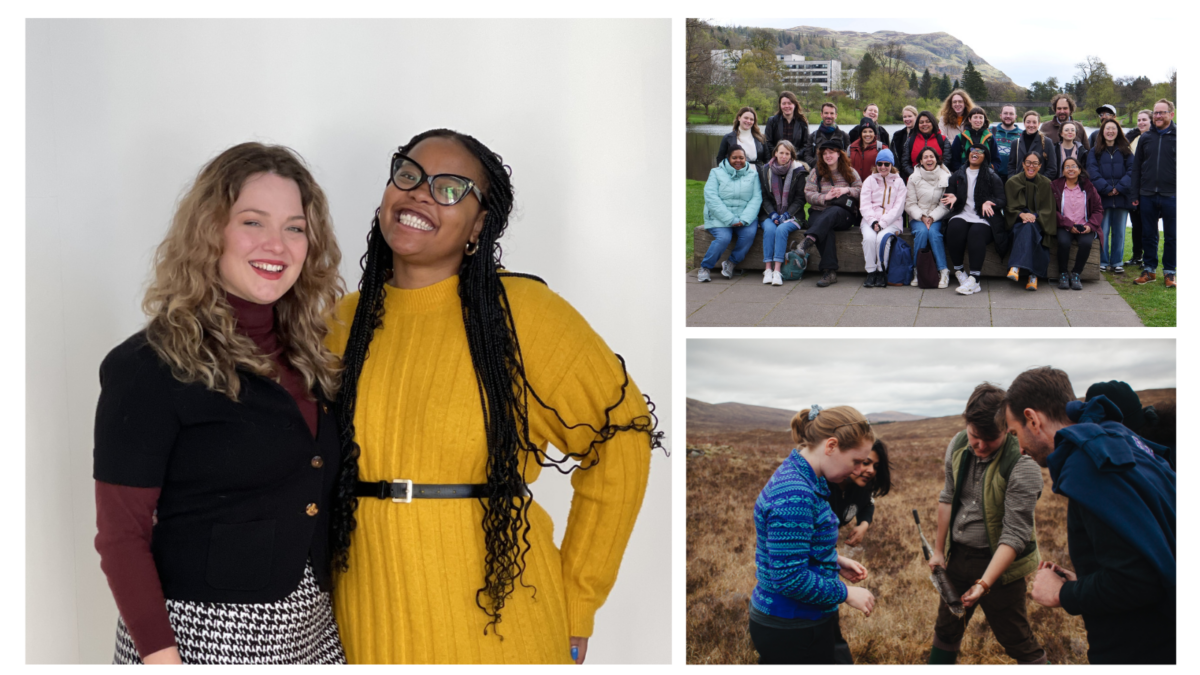
- Scottish Graduate School for Arts and Humanities (SGSAH) and the British Council have awarded 13 EARTH Scholarships to early-career researchers from 10 countries including France, Switzerland, India, New Zealand, and South Africa.
- The scholars are currently in Scotland undertaking their exchanges and will be here for up to 3-months working at Scottish universities in environmental arts and humanities.
- During the exchanges, recipients will come together alongside Scotland-based PhD scholars to network, collaborate, and build connections.
A diverse cohort of 13 early-career researchers from 10 nations, including India, France, South Africa, and the United States, have been awarded the EARTH Scholarships by the Scottish Graduate School for Arts and Humanities (SGSAH) and the British Council.
These scholars are currently immersed in an induction with Universities across Scotland, meeting their peers and delving into the intersection of environmental arts and humanities. Over the next two weeks, the scholars are visiting key projects right across Scotland, from archaeology practice in Glencoe to engaging in artistic practice workshops at Talbot Rice Gallery in Edinburgh.
The EARTH Scholars will go on to collaborate with Scotland-based PhD scholars, fostering a vibrant and growing global network. In its second year, the EARTH Scholarships have been designed to confront the climate emergency from a new angle, encouraging interdisciplinary collaborations with a focus on environmental sustainability themes and the interventions of the arts and humanities.
This year their PhD research spans topics at the intersection of arts, culture, and environmental issues, from eco-archaeology and re-wilding in Scotland and around the world, to marine governance, human rights, and climate refugees, and even AI governance and environmental sustainability.
This week, the EARTH Scholars have been in Glencoe and have been sharing their excitement about the induction weeks:
Aphiwe Moshani is a PhD candidate from South Africa based at the University of Cape Town, her research centres on ocean governance, and researching oceanic and coastal conflicts. For the next few months, she will collaborate with Scotland-based peers at the University of Strathclyde.
She says:
“Being part of the Earth Scholarships Programme has been an amazing journey. Getting to tour otherwise out-of-reach locations in the Highlands with a really thoughtful group is an experience that’s opened me up to a much deeper understanding of the environment and humanity. My excitement for my research has been reignited through this opportunity!”
Gala Morris, originally from Aotearoa New Zealand, is one of the Scotland- cohort based at the University of Glasgow. Gala is an early career archaeology scholar researching rewilding and the historic environment.
She adds:
“The Earth Scholarships Programme has been spectacular so far. Each member of the cohort brings such a unique perspective, and our discussions on topics across the environmental humanities have been so inspiring. The programme has been incredibly enriching, and I feel very lucky to be involved!”
Professor Claire Squires Director, Scottish Graduate School for Arts & Humanities welcomed the EARTH scholars saying:
“We are thrilled to kick off the EARTH scholarships for the second year and to welcome this exceptional cohort of global scholars to collaborate with researchers from Scotland’s Higher Education Institutions (HEIs). By bringing together this diverse group of scholars, we can share best practices and develop culturally informed solutions through the lens of the arts and humanities”.
Peter Brown, Director of British Council Scotland, who helped fund the programme added:
“International collaboration and exchange of knowledge are crucial for tackling the global climate emergency, and we are proud to partner with SGSAH on this innovative programme. It’s great to see the scholars coming together to develop new environmental perspectives and creative interventions that will resonate across cultures and communities worldwide”.

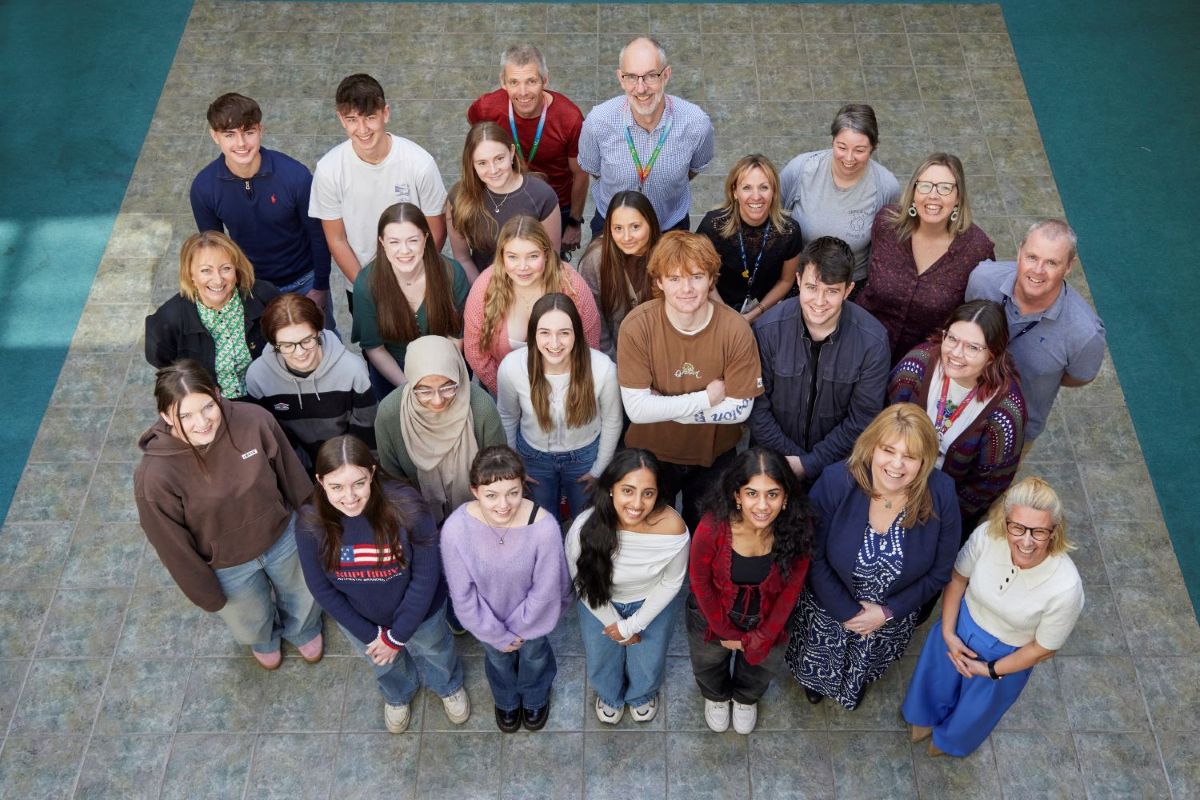


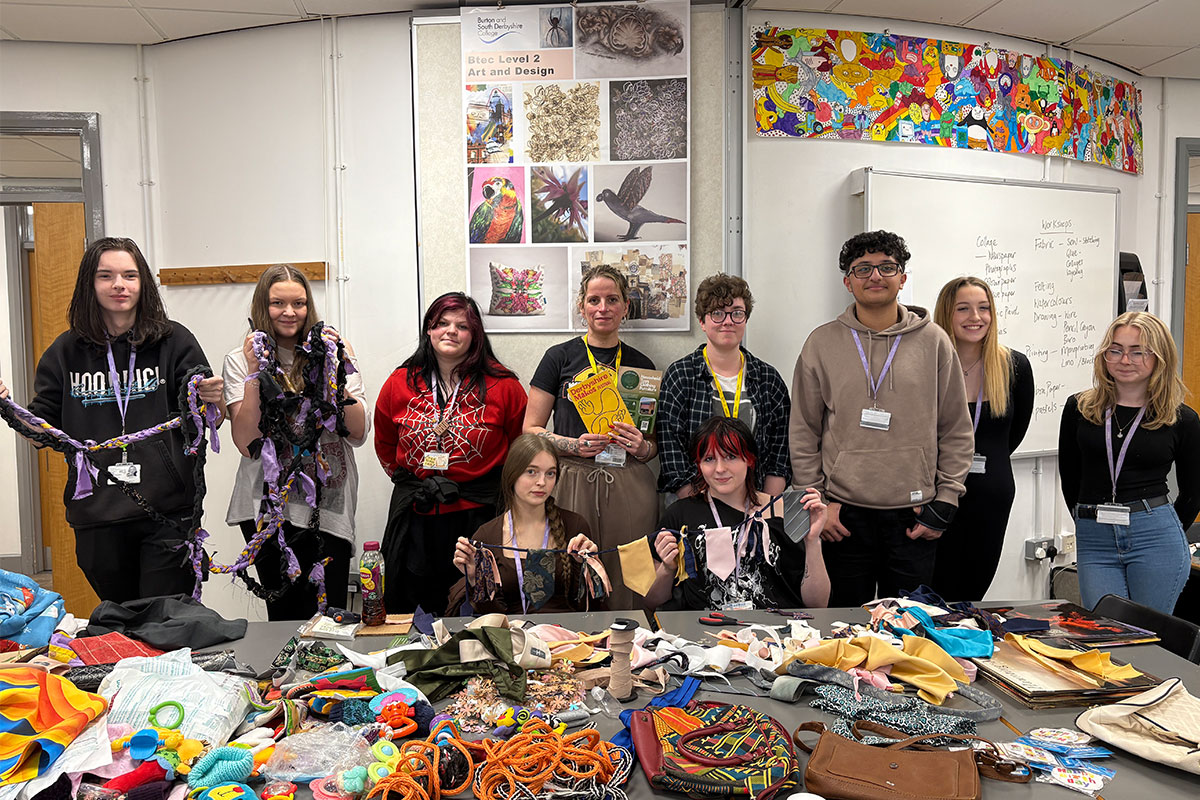
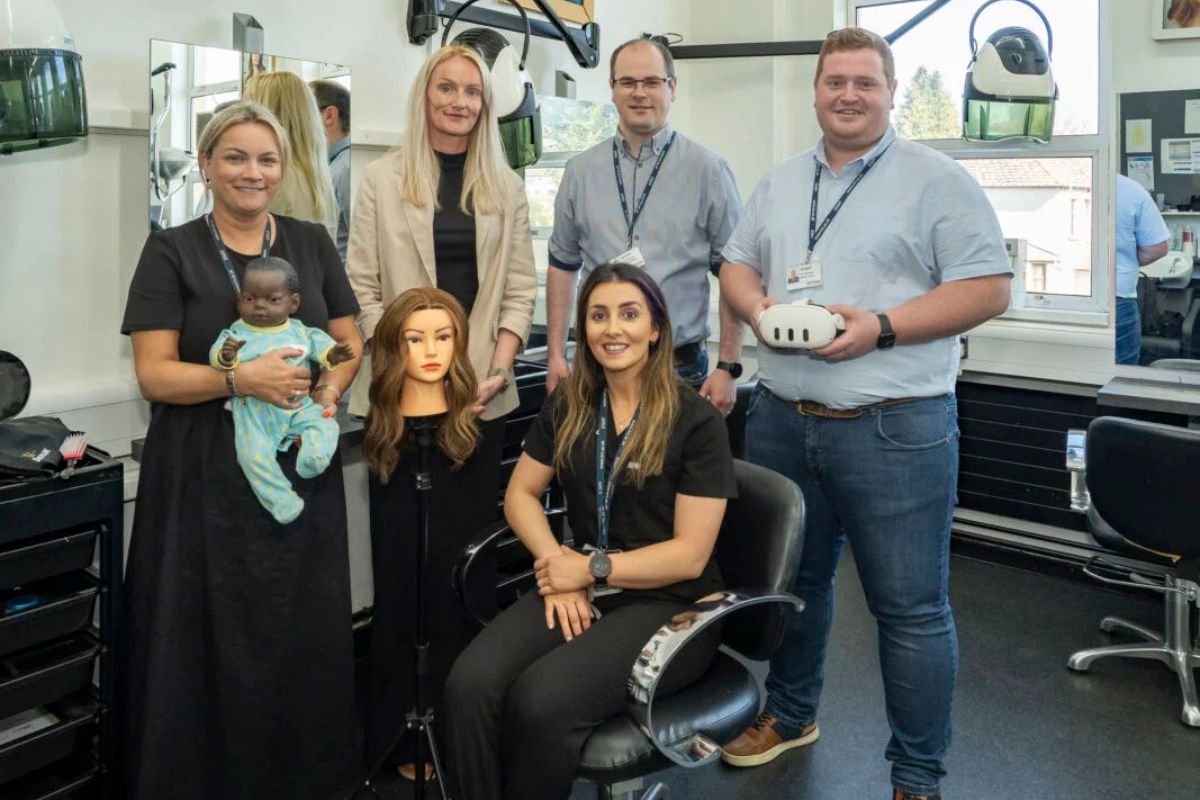

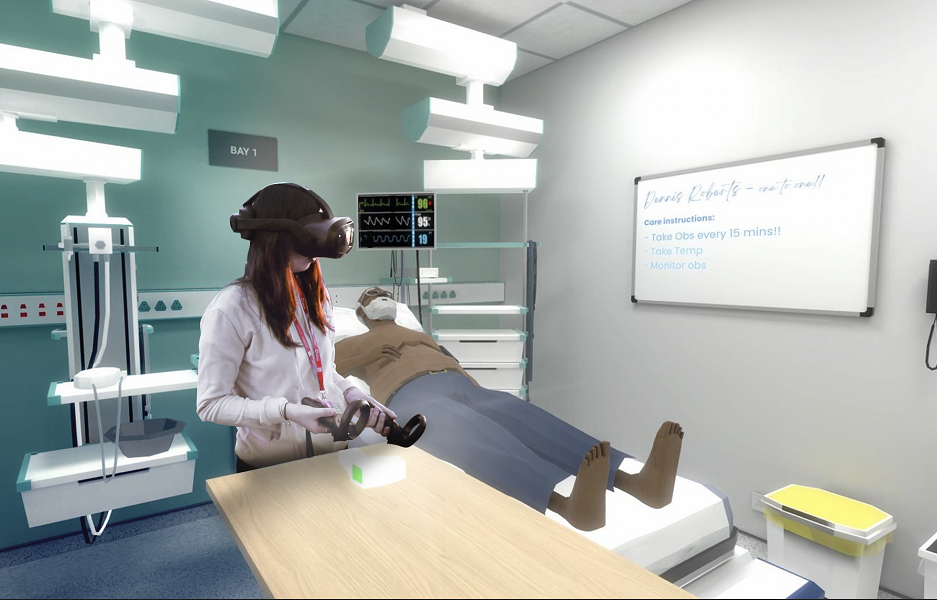


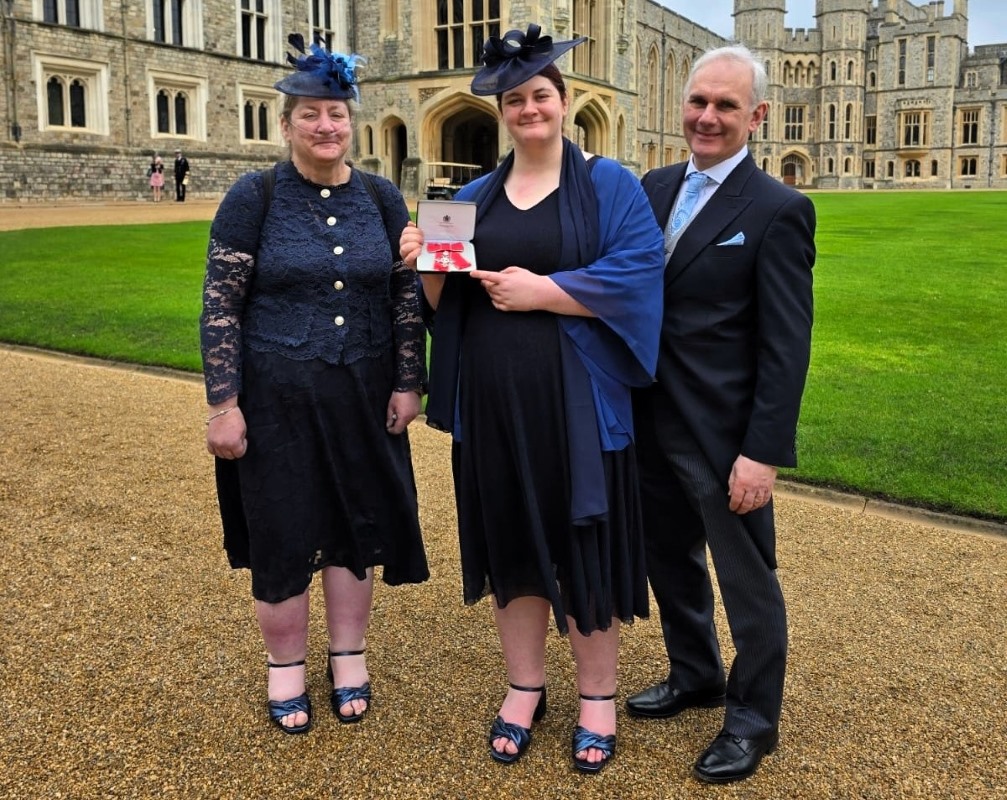
Responses